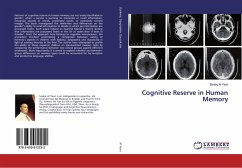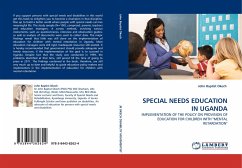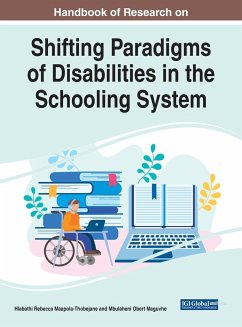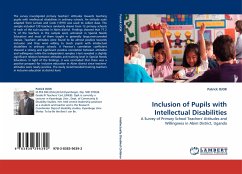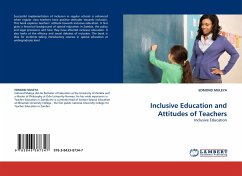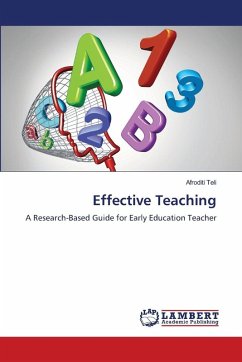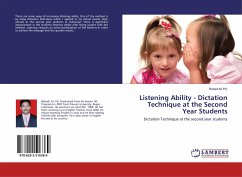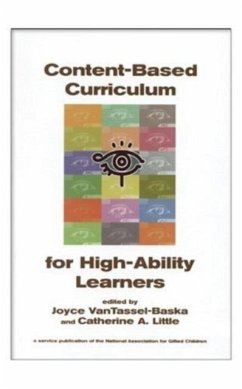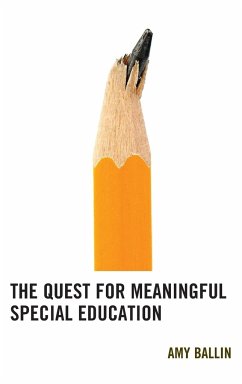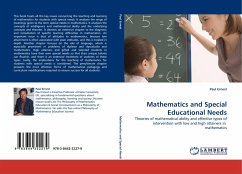
Mathematics and Special Educational Needs
Theories of mathematical ability and effective types of intervention with low and high attainers in mathematics
Versandkostenfrei!
Versandfertig in 6-10 Tagen
39,99 €
inkl. MwSt.

PAYBACK Punkte
20 °P sammeln!
This book treats all the key issues concerning the teaching and learning of mathematics for students with special needs. It analyses the range of meanings given to the term special needs in mathematics. It analyses the concepts of intelligence and mathematical ability and the underlying concepts and theories. It devotes an extensive chapter to the diagnosis and remediation of specific learning difficulties in mathematics. An important issue is that of attitudes to mathematics, because low attainment is often associated with poor attitudes, and this is treated in depth. Another chapter focuses ...
This book treats all the key issues concerning the teaching and learning of mathematics for students with special needs. It analyses the range of meanings given to the term special needs in mathematics. It analyses the concepts of intelligence and mathematical ability and the underlying concepts and theories. It devotes an extensive chapter to the diagnosis and remediation of specific learning difficulties in mathematics. An important issue is that of attitudes to mathematics, because low attainment is often associated with poor attitudes, and this is treated in depth. Another chapter focuses on the role of language, which is especially prominent in problems of dyslexia and dyscalculia and mathematics. High attainers and gifted and talented students in mathematics have their own special needs so that their unique talents can flourish, and there is an extensive treatment of students of these types. Lastly, the implications for the teaching of mathematics for students with special needs is considered. The penultimate chapter presents the most effective forms of mathematical pedagogy and curriculum modifications required to ensure success for all students.





